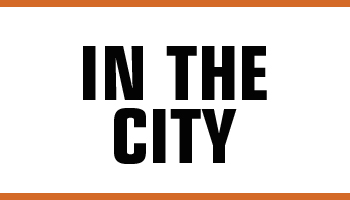It is 2019, and while April showers bring May flowers, April also marks tax season — a prime time for scams.
Scammers of the world know that tax season (and perhaps extra money) is arriving for Maine households. This will be prime time for them to start their false campaigns trying to scam money away from you. Scammers mostly prey on the older generation but will attempt to swindle money from whomever they are able to con.
Some of the most popular scams we encounter and how they steal from you are:
You have won millions of dollars in a lottery. Except you have to pay someone, usually to a foreign bank account, to receive your winnings (for tax purposes, of course). The truth is: If you have not entered a lottery, you haven’t won one, either. No legitimate Lotto will ask you to forward money, especially out of country, in order to receive your winnings. You may even receive a check that your bank tells you has a legitimate routing number on it, but, by the time a corporation realizes their routing number has been used by a fake person/business from Indonesia (for example) and cancels the check, you have already cashed it, spent it, and sent someone far away money that is not theirs nor yours. You will be responsible to the bank and the corporation for reimbursement of the money.
You owe the IRS money and law enforcement is waiting to arrest you if you don’t pay. The truth is: If you have issues with the IRS, those are between you and that Federal entity. No State, County, nor Municipal law enforcement works for the IRS as a collection agency and is not on-call to arrest you. This is, purely, a scare tactic!
You get a call from a long-lost relative (usually a grandchild) needing instant cash payment to get out of trouble. The truth is: No government or official will hold someone or something “hostage” for immediate cash payment. We get reports of a voice that “sounded like” a relative, but those audio clips can be down-loaded from social media and, unfortunately, have been placed there [via video] by the victim.
Your credit card or bank account has a fraudulent attempt on it; please call and give personal information. The truth is: There very well may have been a fraud flag on a certain purchase/payment you have recently made, but your financial institution will merely give you a call asking you initiate a call back to them to verify the purchase. A legitimate financial institution will not ask you to relay personal information over the phone such as: Social Security numbers, date of birth, credit card numbers, etc. Most scammers will also argue and sometimes swear at you if you do not give out information, but a professional financial institute will not engage in this kind of behavior.
The bottom line is: If something seems too good to be true, it probably is a scam. Do not give out your personal information, especially Social Security and bank numbers. Even if the call/correspondence seems to be legitimate, double check with whomever is supposed to be asking for the information. “When in doubt, don’t give it out.”
We see so many people lose hundreds or thousands of dollars, if not their complete life savings, on scams. And most times, unfortunately, the money cannot be recovered because the culprits are nearly untraceable.
If you think you have been a victim of fraud or want to report a specific scam, you may contact your local police department or the State of Maine Consumer Fraud.
Please be safe with your money — and don’t fall for it.
Chief Laurie J. Kelly of the Presque Isle Police Department can be reached at 764-2535 or via email at lkelly@presqueisleme.us.





